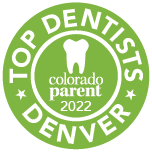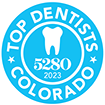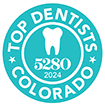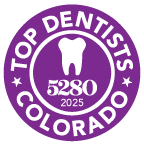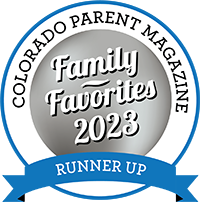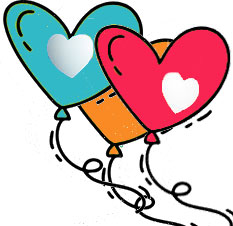If you face a dental emergency, give us a call immediately. If you need urgent treatment after hours, you can call our emergency number. We are always here to assist when your child’s dental health is at risk. Below are tips on dealing with urgent dental situations. You may want to display this list on your refrigerator or store it near your emergency phone numbers for easy reference.
Common Dental Emergencies
Toothache
Clean the area of the affected tooth thoroughly. Rinse the mouth vigorously with warm water or use dental floss to dislodge impacted food or debris. If the pain still exists, call our office. DO NOT place aspirin on the gum or on the aching tooth. If your child’s face is swollen, apply cold compresses and contact our office immediately. Children's ibuprofen or acetaminophen may be used orally. If the office is closed because it is a weekend or evening, call our office for a message recording with the on call dentist’s information.
Cut or bitten tongue, lip or cheek:
Apply ice to injured areas to help control swelling. If there is bleeding, apply firm but gentle pressure with a gauze or cloth. If bleeding cannot be controlled by simple pressure, call a doctor or visit the hospital emergency room.
Bitten Lip or Tongue
If your child has bitten his lip or tongue severely enough to cause bleeding, clean the bite gently with water and use a cold compress (a cold, wet towel or washcloth pressed firmly against the area) to reduce or avoid swelling. Give us a call to help determine how serious the bite is.
Object Caught In Teeth
If your child has something caught between his teeth, use dental floss to gently remove it. Never use a metal, plastic, or sharp tool to remove a stuck object. If you are unable to remove the item with dental floss, give us a call.
Loose Tooth
If your child has a very loose tooth, it should be removed to avoid being swallowed.
Permanent tooth knocked out
If possible, find the tooth. Handle it by the crown, not by the root. You may rinse the tooth with water only. DO NOT clean with soap, scrub or handle the tooth unnecessarily. Inspect the tooth for fractures. If it is sound, try to reinsert it in the socket. Have the patient hold the tooth in place by biting on a gauze or clean cloth. If you cannot reinsert the tooth, transport the tooth in a cup containing the patient’s saliva or milk, NOT water. If the patient is old enough, the tooth may also be carried in the patient’s mouth (beside the cheek). The patient must see a dentist IMMEDIATELY! Time is a critical factor in saving the tooth.
Baby tooth knocked out
Contact your pediatric dentist. Unlike with a permanent tooth, the baby tooth should not be replanted due to possible damage to the developing permanent tooth. In most cases, no treatment is necessary.
Permanent tooth chipped/cracked
Time is a critical factor, contact your pediatric dentist immediately so as to reduce the chance for infection or the need for extensive dental treatment in the future. Rinse the mouth with water and apply a cold compress to reduce swelling. If you can find the broken tooth piece, bring it with you to the dentist. Call us immediately
Baby tooth chipped/ cracked
Contact your pediatric dentist.
If your child suffers a possible broken or fractured jaw:
Keep the jaw from moving and take your child to the nearest hospital emergency room.
Broken Jaw
If you know or suspect your child has sustained a broken jaw, use a cold compress to reduce swelling. Call our emergency number and/or head to the hospital immediately. In many cases a broken jaw is the result of a blow to the head. Severe blows to the head can be dangerous and even life-threatening.
Avoiding Injury
You can help your child avoid dental emergencies. Child-proof your house to avoid falls. Don't let your child chew on ice, popcorn kernels, or other hard foods. Always use car seats for young children and require seat belts for older children. And if your child plays contact sports, have him wear a mouthguard. Ask us about creating a custom-fitted mouthguard for your child. Finally, prevent toothaches with regular brushing, flossing, and visits to our office.

